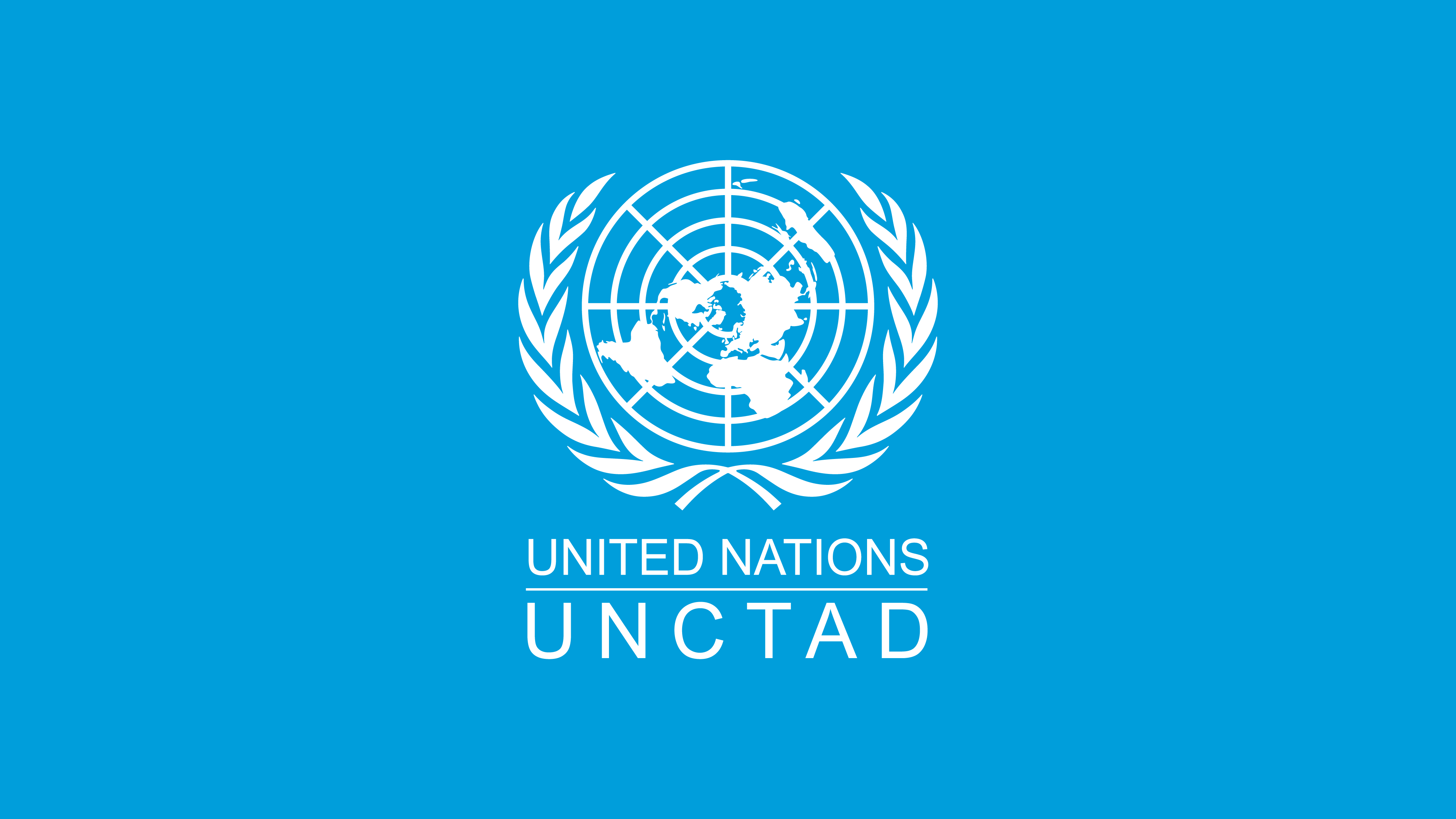UNCTAD assesses advancements in sustainable development goals and reveals the repercussions of worldwide crises.
United Nations Conference on Trade and Development (UNCTAD) has recently unveiled the fifth edition of its annual SDG Pulse, a comprehensive global reference for monitoring the progress made towards achieving the Sustainable Development Goals (SDGs) by 2030.
The report encompasses a broad range of SDG indicators, as well as other indicators related to trade, investment, financing for development, debt, transport, and technology. It serves as a crucial tool for policymakers and stakeholders to track advancements and identify areas that require targeted efforts.
This year, the report’s “In-Focus” section delves into the costs associated with attaining the SDGs, aiming to identify the sectors where financing is most needed. By shedding light on these financial requirements, policymakers can make more informed decisions and allocate resources more effectively.
One notable feature of the report is the availability of an interactive online version, which allows users to engage with the statistics, charts, and graphs, enhancing accessibility and usability of the data.
However, the data presented in the SDG Pulse underscores the severe impact of global crises such as the COVID-19 pandemic, the Ukrainian crisis, and climate-related disasters on the progress towards achieving the SDGs.
Anu Peltola, who leads UNCTAD’s statistics work, emphasized the critical need for policymakers to have access to timely and reliable data and analysis to guide their decision-making process, especially considering the ongoing challenges faced by economies, societies, and the planet.
The report reveals that approximately one in three countries worldwide is at high risk of facing a fiscal crisis, with developing countries bearing the heaviest burden of debt. Since 2019, before the pandemic struck, the total external debt of these nations has risen by 15%. Alarming figures show that over the past decade, their external debt stocks have more than doubled, reaching a staggering $11.4 trillion. Such mounting public debt poses a significant obstacle to development and undermines governments’ capacity to invest in essential services like healthcare and education.
Another concerning finding is the decline in available funding per person in food crises. Between 2017 and 2021, funding decreased by 30%. Despite the world’s calorie surplus, seven out of ten economies import more food than they export. Particularly in the Middle East and Africa, many net-importing nations, including several least developed countries (LDCs), struggle to secure sufficient food supplies. Cereals, in particular, have drawn attention due to the crisis in Ukraine, as they constitute a significant portion, accounting for 45% of the global population’s calorie intake.
Regarding climate change, the report highlights that despite the urgent need to reduce greenhouse gas emissions by 45% by 2030, emissions increased by 4.2% in 2021 and continue to rise. In addition, high energy prices in 2022 have amplified vulnerabilities, with fuel prices surging to nearly three times pre-pandemic levels in August 2022, and natural gas prices increasing ninefold. Least developed countries (LDCs) and small island developing states (SIDS) are particularly vulnerable to climate-related disasters, with the UN Office for Disaster Risk Reduction (UNDRR) projecting a 40% increase in such events globally from 2015 to 2030.
Despite these challenges, there is a glimmer of hope in the realm of sustainable transportation. Global electric car sales experienced a remarkable surge of 55% in 2022, reaching a milestone of 10 million units sold. This positive trend signifies progress towards cleaner and more sustainable modes of transportation, aligning with the SDGs’ goals.
In conclusion, the release of UNCTAD’s SDG Pulse provides crucial insights into the progress made towards achieving the Sustainable Development Goals. It serves as a wake-up call, highlighting the adverse effects of global crises on sustainable development efforts. The report emphasizes the need for robust data and analysis to guide decision-making and calls for targeted actions and enhanced cooperation to overcome these challenges and ensure a sustainable future for all.





